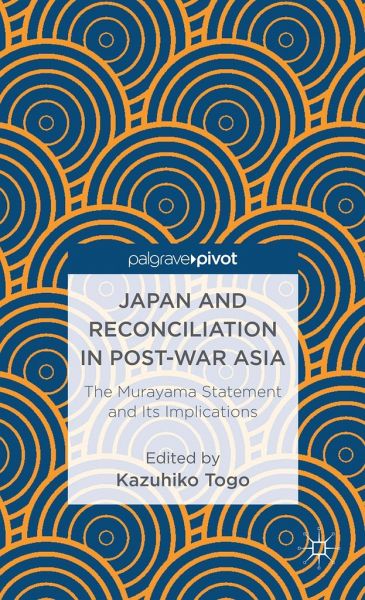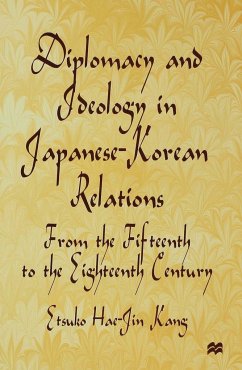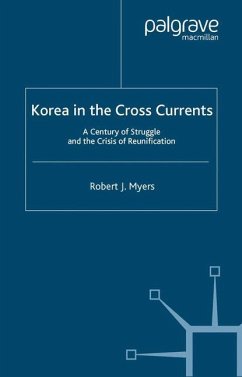
Japan and Reconciliation in Post-War Asia
The Murayama Statement and Its Implications
Herausgegeben: Togo, K.;Mitarbeit: Loparo, Kenneth A.

PAYBACK Punkte
19 °P sammeln!
Taking a comparative approach and bringing together perspectives from Japan, China, Korea, and Taiwan, this volume considers former Japanese prime minister Tomiichi Murayama's 1995 apology statement, the height of Japan's post-war apology, and examines its implications for memory, international relations, and reconciliation in Asia.














